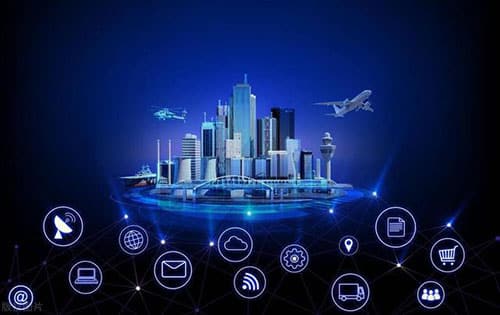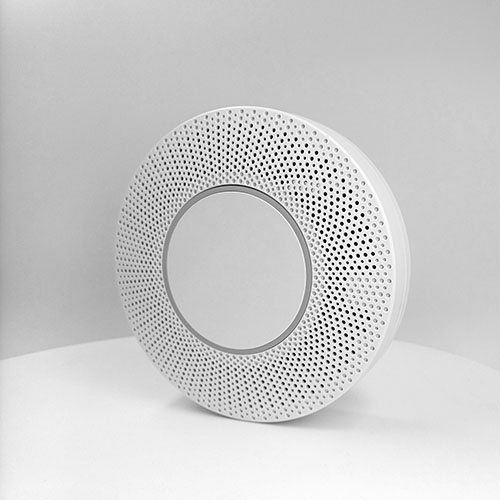Smart city air quality monitoring
With the acceleration of urbanization, urban air quality has become one of the most important factors affecting the health of urban residents. How to effectively monitor urban air quality has become an important issue in the construction of smart city. This paper introduces the Smart city air quality monitoring technology.

Hazards of Urban Air Pollution
Urban environmental problems have become a problem that can not be ignored, among which the air quality problem is more prominent. Urban air quality problems seriously affect the health of residents, the development of industry, and the ecological environment. Long-term exposure to polluted environments can lead to various respiratory diseases. The deterioration of air quality also has a negative impact on the economy of urban industries, such as the impact on urban tourism, transportation, medical, and other industries are significant. Good air quality also has an important impact on the urban ecological environment. Therefore, accurate monitoring of urban air quality and early detection of problems have become necessary for the construction of smart cities.
Air quality monitoring technology
1. Traditional air quality monitoring technology
The problems faced by traditional air quality monitoring technology are unstable precision and lack of accuracy. Traditional air quality monitoring technology mainly relies on human sampling, which has high environmental requirements and also has human interference, affecting the monitoring accuracy.
2. New air quality monitoring technology in smart cities
The new air quality monitoring technology in smart cities mainly relies on Internet of Things (IoT) technology and big data technology. IoT technology refers to linking various physical devices, sensors, the Internet, and other technologies to form a self-organization that can operate autonomously. The application of IoT technology can significantly improve the accuracy of air quality monitoring. Compared with traditional methods, IoT solutions can monitor the field and realize online monitoring through the interconnection of data, significantly improving the monitoring accuracy. Big data technology can be used to grasp the urban air quality situation in real-time by means of cloud computing, and data integration and analysis can be carried out in a timely manner. The new air quality monitoring technology in the smart city solves the current air quality monitoring problems through data and algorithms, integrates data collection, processing, and analysis into one, and realizes the whole process from sensing data to applying decision-making.
Smart city air quality monitoring technology application
Smart city air quality monitoring technology application mainly applies the Internet of Things and big data technology to the field of air quality monitoring. With the support of sensors and devices, air quality monitoring in smart cities has high real-time and accuracy, which can help the government to supervise and monitor, early warning of pollution, decision-making scheduling, and other aspects. At the same time, air quality monitoring technology in smart cities can also be applied in industrial, medical, and scientific research-related fields. For example, in the medical field, air monitoring data can be utilized to explore the impact of the environment on disease and to detect and warn of public health emergencies in a timely manner.
The future of Smart city air quality monitoring
Smart city air quality monitoring technology is expected to further improve its monitoring accuracy and coverage in the future. Smart city air quality monitoring can realize multi-dimensional, multi-faceted, and comprehensive data collection and analysis, providing a scientific basis for urban air pollution management. The application of blockchain technology is also expected to better distribute and share air detection sensor data in the network, contributing to the transparency and fairness of monitoring data.
Air quality monitoring technology in smart cities is the trend of future urban development, which enriches the means of urban air quality monitoring and improves the accuracy of monitoring, allowing people to understand the urban environmental conditions more comprehensively, and further promoting urban environmental governance and development.








